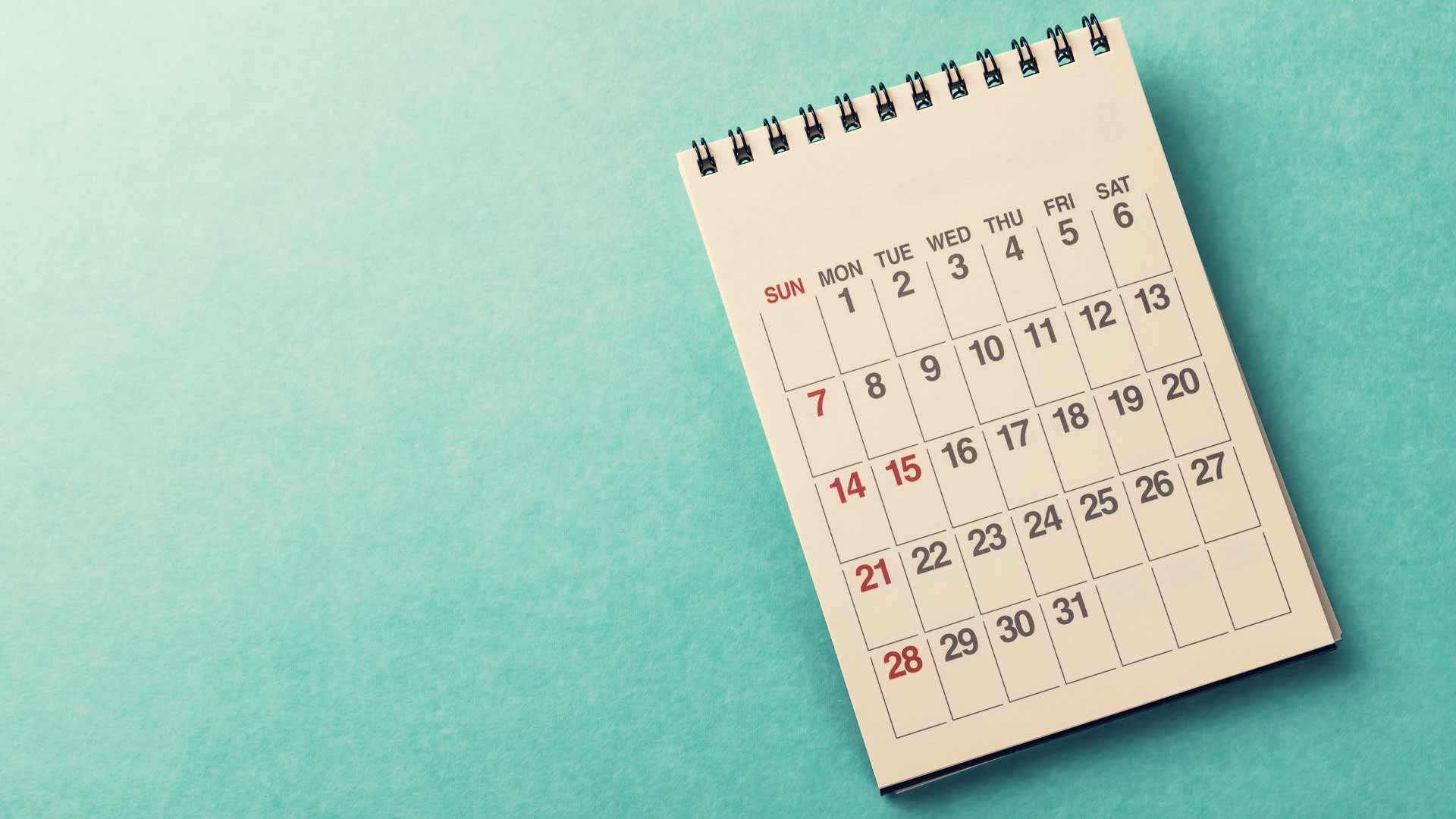Careers advice
How long does it take to hear back from a job application?
Waiting to hear back from a job application? Here are some of the time frames you can expect at different stages.
What you'll learn:
Waiting to hear isn't fun, but it's part of any job hunting experience.
How long does it take to hear back from a job application?
1. How long does it take to hear, once you’ve applied?
2. How long does it take to hear if you have an interview?
3. How long does it take to hear back from a job interview?
Be sure you understand the time frames for the different stages of your application.
How and when to follow up on a job application (with examples)
Following up on your initial application
Thanking the interviewer after the interview
Asking for an update post interview
When they STILL haven’t responded
How you follow up will depend on what stage of the application process you're at, and what the employer has told you.
Do employers let you know if you didn't get the job?
How long is too long to wait for an employer to get back to you?
How long is too long to wait?
Why do employers take so long to get back to you?
Other articles you might like







